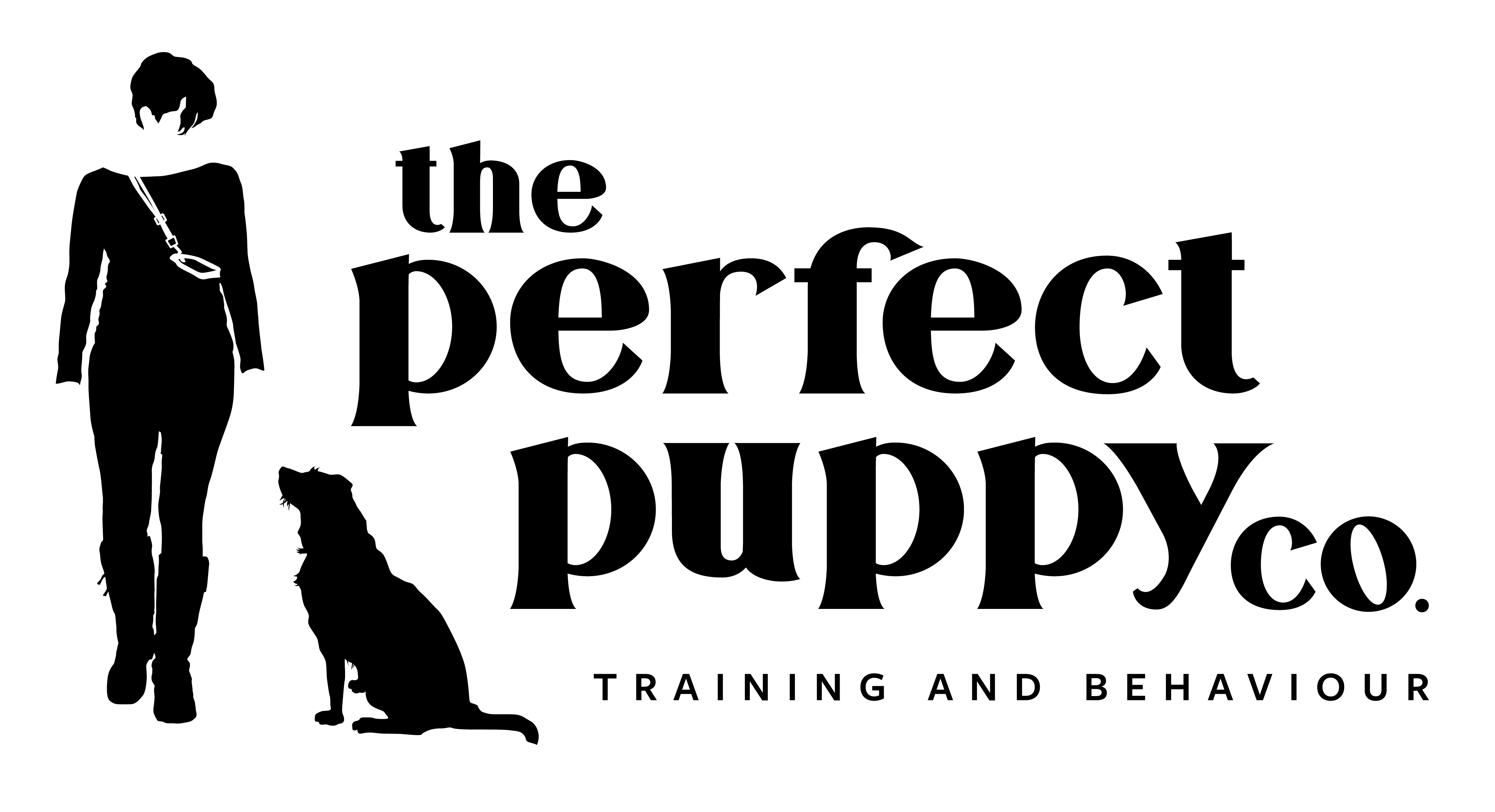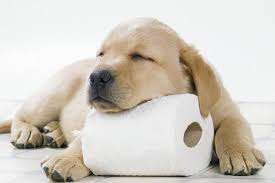Socialising During Social Distancing
The first 16 weeks of life play a huge part in determining who a puppy will become as an adult dog. Their experiences, or lack of them, during that time play a huge part in determining whether they become robust and confident or nervous and hesitant.
Standard advice would be to offer your puppy a wide and varied range of experiences and interactions – people, other dogs, sights, sounds, smells etc. But the current enforced isolation affecting us all as a result of COVID-19 makes this much more difficult. In addition vets are now only providing emergency and end of life care which will further limit your pup’s opportunity to explore the world as they’ll be unvaccinated for longer.
But it’s not all doom and gloom. In our enthusiasm to “socialise” our dog we can ask too much of them. A cute puppy attracts a lot of attention and that can be overwhelming or over stimulating for lots of puppies. So a little distance isn’t necessarily a bad thing.
So what can you do to ensure you’re getting your puppy off to the best possible start in these challenging times?
· Use your permitted time outside wisely. Take your puppy with you when you go out. Carry them or pop them in a sling or backpack strapped to your front if necessary. Let them observe the world from a safe distance – people, other dogs, livestock, traffic, trains…whatever they are going to encounter in day to day life
· If you have access to a safe, secure garden allow your puppy access to that to feel different textures under their feet, hear the sounds of your neighbourhood, explore their environment, use their body to move through their environment
·
Take your puppy for short trips in the car. Stop
for a few minutes, open the door and sit with your puppy on your lap allowing
him to watch the world from afar.
·
Gently introduce the collar and lead, even if
you can’t use them yet. The gift of more time helps you move at your puppy’s pace
and introduce them gradually.
·
Play your puppy noises he might hear when he’s
out in the world. YouTube or purpose built apps like Soundproof Puppy Training
offer a huge range of sounds from babies crying, fireworks, barking dogs etc.
If your puppy’s exposure to these outside is going to be limited use technology
to give him the experience in his own home
·
Make a “confidence course” for him to explore –
random objects of varying shapes, textures etc for him to explore. I like to
use a crunchy plastic tarpaulin, bubble wrap that pops under his feet, open
cardboard boxes to go through, an old soft pillow to clamber over, a wobbly
surface…the list is endless. Let your puppy explore at his own pace.
Interacting with novel objects builds confidence and also helps them learn how
to use their bodies.
·
Introduce handling and grooming to your puppy.
For breeds that will require a lot of grooming this is particularly important
so get them used to brushing and handling now…don’t wait for your groomer to be
available.
·
Make sure to begin to introduce brief absences.
Many of us are currently home 24/7 but this won’t last for ever and if your
puppy becomes reliant on your presence it could lead to separation issues later
on. Helping your puppy be comfortable with you leaving the room for brief
absences will pay you dividends later on.
Socialising your puppy under current restrictions will inevitably be different, and more difficult, than usual. But there are some upsides and with a little effort and creative thinking you can still create a confident pup under these circumstances.
If you have just welcomed a puppy into your family or are just about to and you need advice give me a call. I’d be delighted to help. 121 consultations are available via Skype/Zoom/phone so get in touch.
Take care & stay safe,Aileen x

